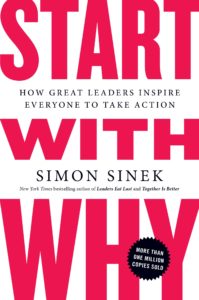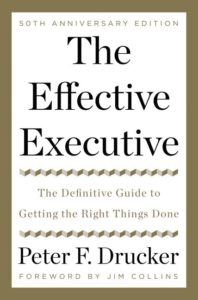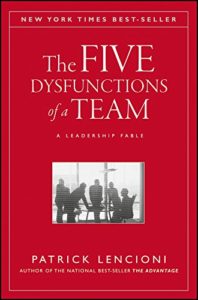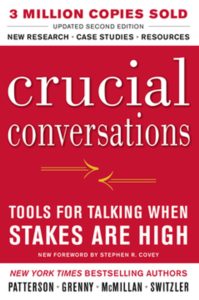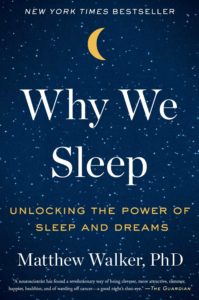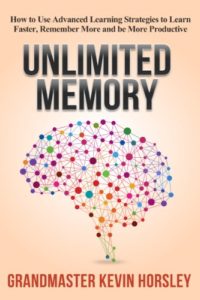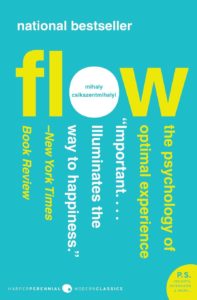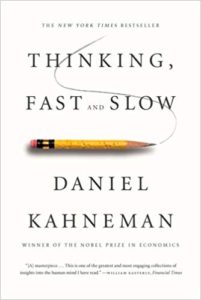Start with Why & Find Your Why by Simon Sinek
“The two most important days in your life are the day you are born and the day you find out why.” – Mark Twain
A two-in-one book summary!
Watch the following video to learn the power of WHY and how to find your WHY
